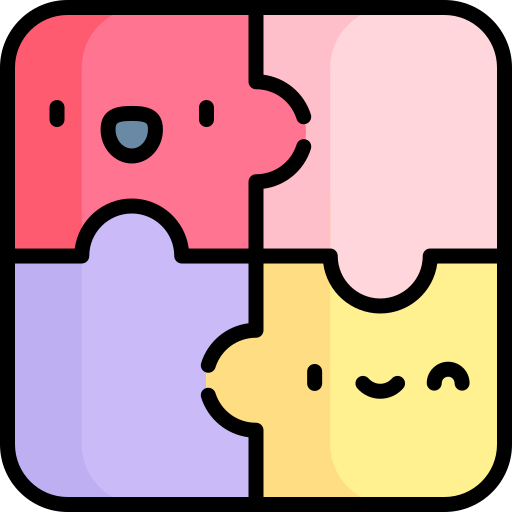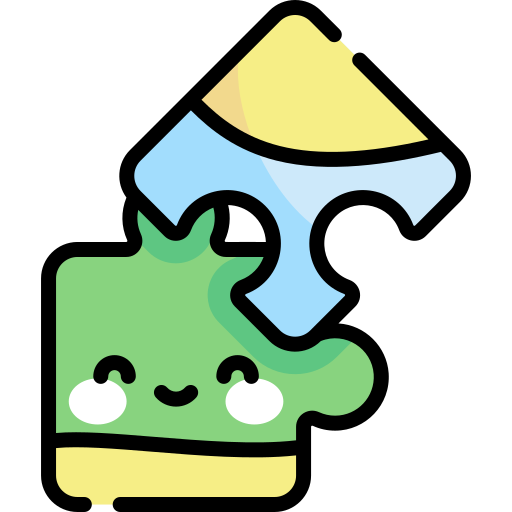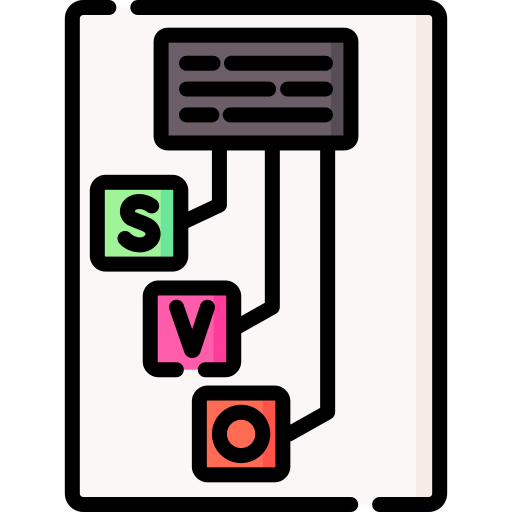 Survival Korean
Survival Korean
기초 문법
Foundational Korean: Grammar Basics
A | B | C | D | E | F | G | H | I | J | K | L | M | N | O | P | Q | R | S | T | U | V | W | X | Y | Z | ALL
P |
|---|
Polysynthetic Languages | ||
|---|---|---|

DefinitionPolysynthetic languages are highly synthetic languages, where words are composed of many morphemes (word parts that have independent meaning but may or may not be able to stand alone). They are very highly inflected languages. Many examples of polsynthetic languages are found among Indigenous languages in North America such as Navajo, Cree, Nahuatl, | ||
Predicate | ||
|---|---|---|

DefinitionThe term predicate is used in one of two ways in linguistics and its subfields. The first defines a predicate as everything in a standard declarative sentence except the subject, and the other views it as just the main content verb and evertying that comes after. | ||
Prefix | ||
|---|---|---|

DefinitionA prefix is an affix which is placed before the stem of a word. Adding it to the beginning of one word changes it into another word. For example, when the prefix un- is added to the word happy, it creates the word unhappy. Korean has many prefixes such 불 meaning "no" or "not". | ||




